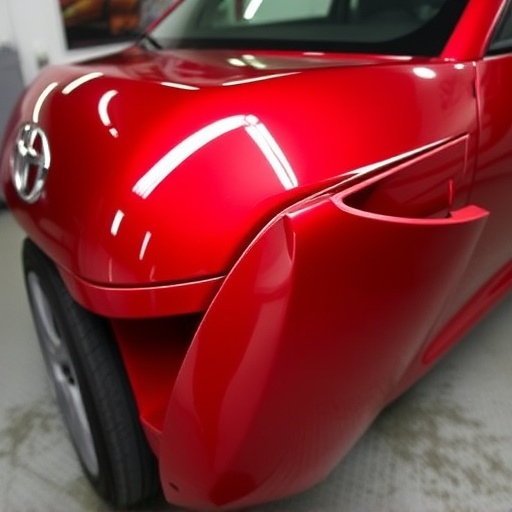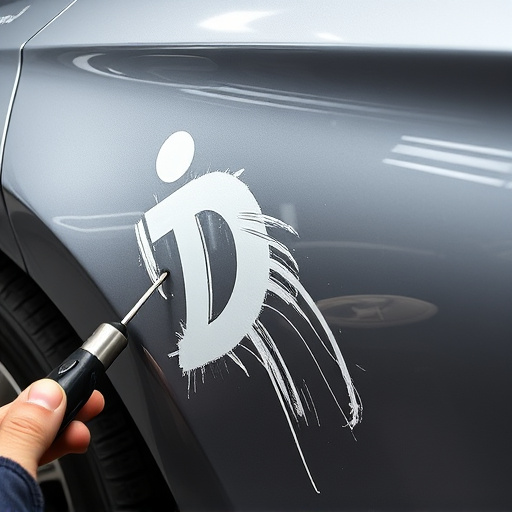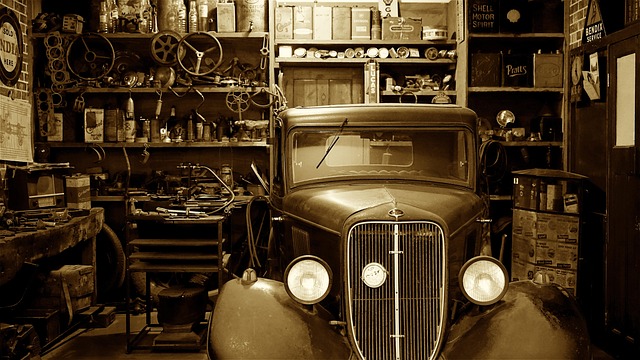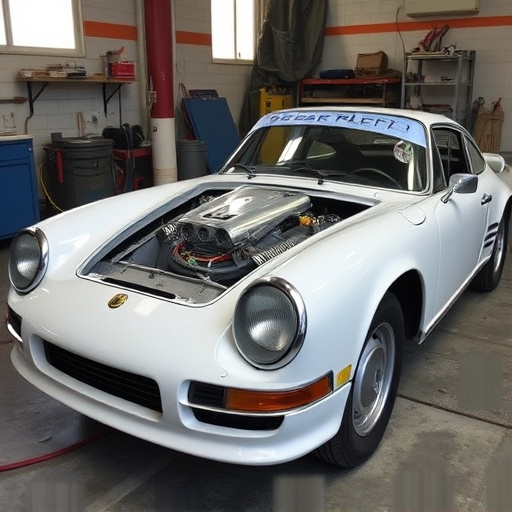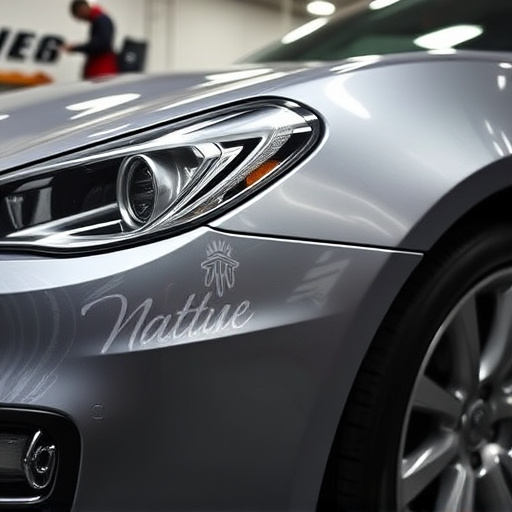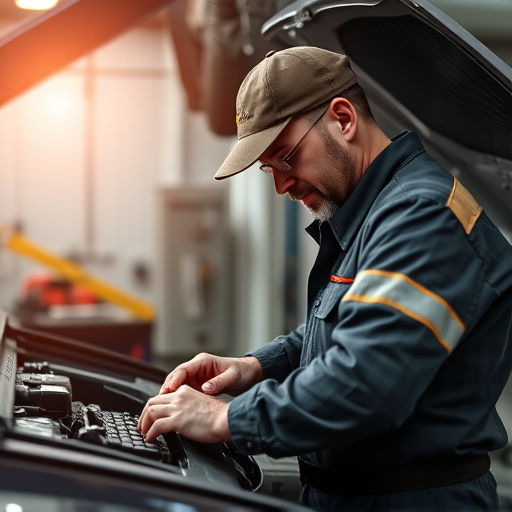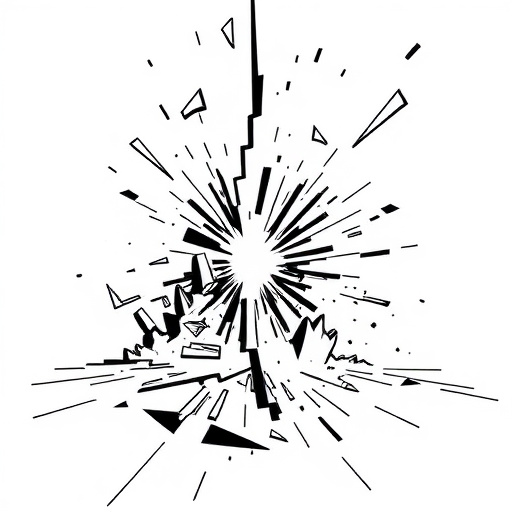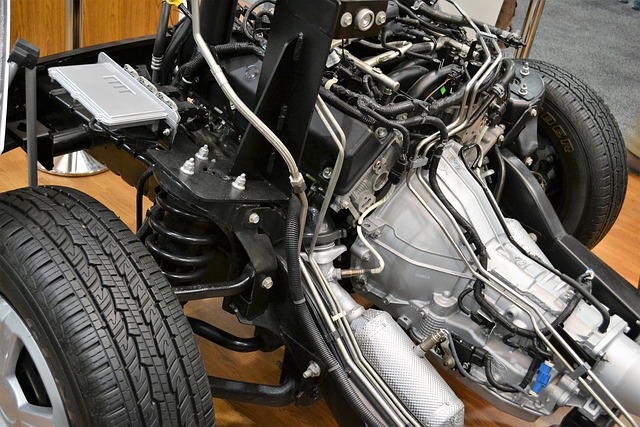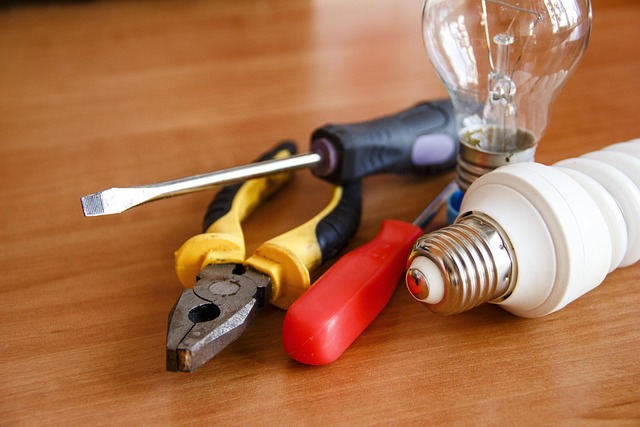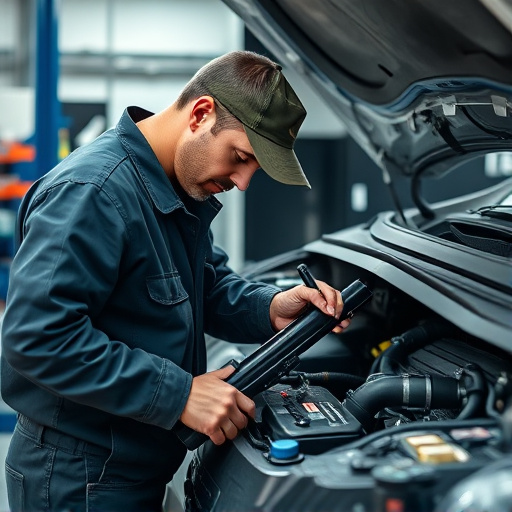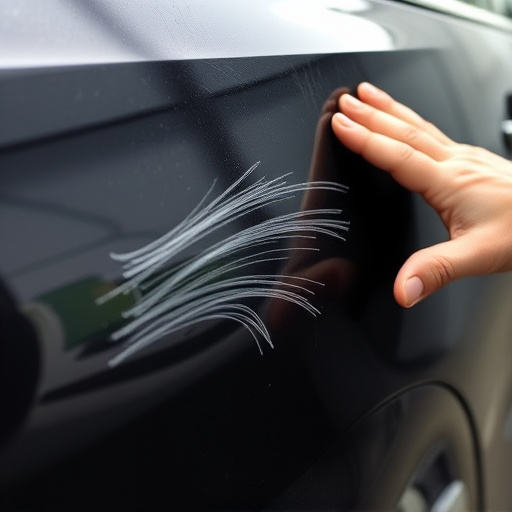A radiator replacement after an accident is crucial for maintaining vehicle performance and preventing severe engine damage caused by overheating. Even minor accidents can damage the radiator, leading to critical cooling system issues. Efficient cooling is vital for reliable vehicle operation, making timely collision repair essential to fix damaged radiators, thermostats, hoses, and ensure adequate coolant levels. Regular inspections and prompt replacement of faulty or clogged radiators are recommended to avoid future accidents and costly repairs.
A radiator replacement accident may sound counterintuitive, but it’s a crucial step in preventing overheating and engine damage. This article delves into the critical role radiators play in keeping your engine cool. We’ll explore common causes of overheating, highlighting the potential consequences for your vehicle’s performance and safety. Understanding when to replace your radiator can be a game-changer, ensuring a smooth ride and a robust engine for years to come.
- Understanding Radiator Replacement and Its Role in Cooling Your Engine
- Common Causes of Overheating and Potential Engine Damage
- The Impact of Timely Radiator Replacement on Vehicle Safety and Performance
Understanding Radiator Replacement and Its Role in Cooling Your Engine
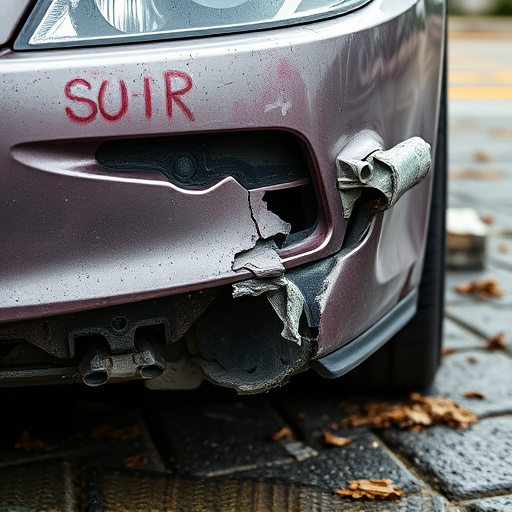
When a radiator replacement accident occurs, it’s not just about fixing a part; it’s understanding the crucial role this component plays in your vehicle’s performance and longevity. The radiator is the unsung hero responsible for keeping your engine cool, preventing overheating that can lead to serious internal damage. It acts as a vital cooling system, circulating water and dissipating heat generated by the engine during operation.
During a collision or accident, even a minor one, it’s not uncommon for radiators to sustain damage. A fender repair or auto dent repair might be visible on the exterior, but the real concern is internal. If the radiator is compromised, it can’t effectively transfer heat away from the engine, causing temperatures to rise dangerously high. This is when a radiator replacement becomes essential in the vehicle collision repair process, ensuring your engine stays within its optimal operating temperature range and preventing costly and potentially catastrophic damage.
Common Causes of Overheating and Potential Engine Damage
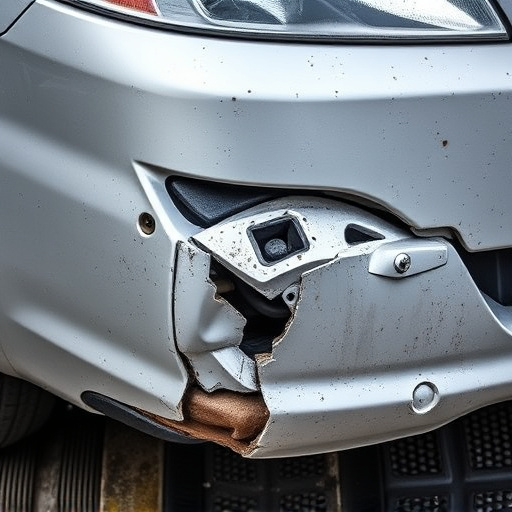
Overheating is a common issue that can lead to severe engine damage if left unchecked. Several factors contribute to this problem, and understanding them is crucial in preventing catastrophic failures. One of the primary causes is a defective or blocked radiator, which hinders the cooling system’s effectiveness. Other culprits include faulty thermostat components, worn-out radiator hoses, and insufficient coolant levels—all elements that can disrupt the engine’s temperature regulation.
In the event of a radiator replacement accident, these issues are addressed promptly. Auto dent repair and collision repair services become vital when dealing with damage to the vehicle’s cooling system. Proper maintenance and timely repairs are essential in ensuring optimal performance and longevity of the engine, preventing not just overheating but also associated problems like warped engine blocks, damaged cylinder heads, and even complete engine failure. Efficient cooling is a cornerstone of reliable vehicle operation, and regular checks and efficient collision repair services play a significant role in maintaining this vital function.
The Impact of Timely Radiator Replacement on Vehicle Safety and Performance
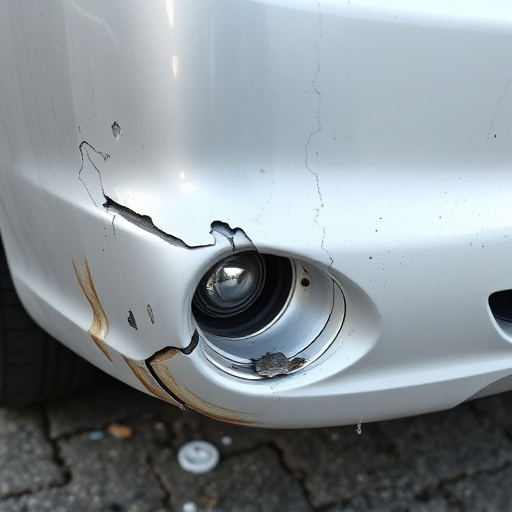
A timely radiator replacement is an essential aspect of vehicle maintenance that often goes unnoticed until it becomes a critical issue. Over time, radiators can suffer wear and tear, leading to reduced efficiency in cooling the engine. This is particularly important as modern vehicles demand high-performance engines, which generate significant heat during operation. When a radiator starts to malfunction or become clogged, it can cause severe overheating, a common radiator replacement accident waiting to happen.
Overheating not only shortens the life of an engine but also poses a serious safety risk. It can lead to engine damage, including warped cylinder heads, cracked blocks, and even complete engine failure. Regular maintenance checks that include inspecting and replacing radiators as needed are crucial for both vehicle safety and performance. Auto repair shops and car repair services often emphasize the importance of this routine service to prevent more costly repairs down the line.
Regularly addressing a radiator replacement accident is not just about preventing overheating; it’s a vital step in ensuring engine longevity and overall vehicle safety. By understanding the role of your car’s radiator in cooling the engine, recognizing common causes of overheating, and acknowledging the significant impact of timely radiator replacements, you can drive with enhanced peace of mind. Don’t let an overlooked radiator replacement accident turn into a costly repair—take proactive steps today to safeguard your vehicle’s performance and prevent potential damage down the road.

